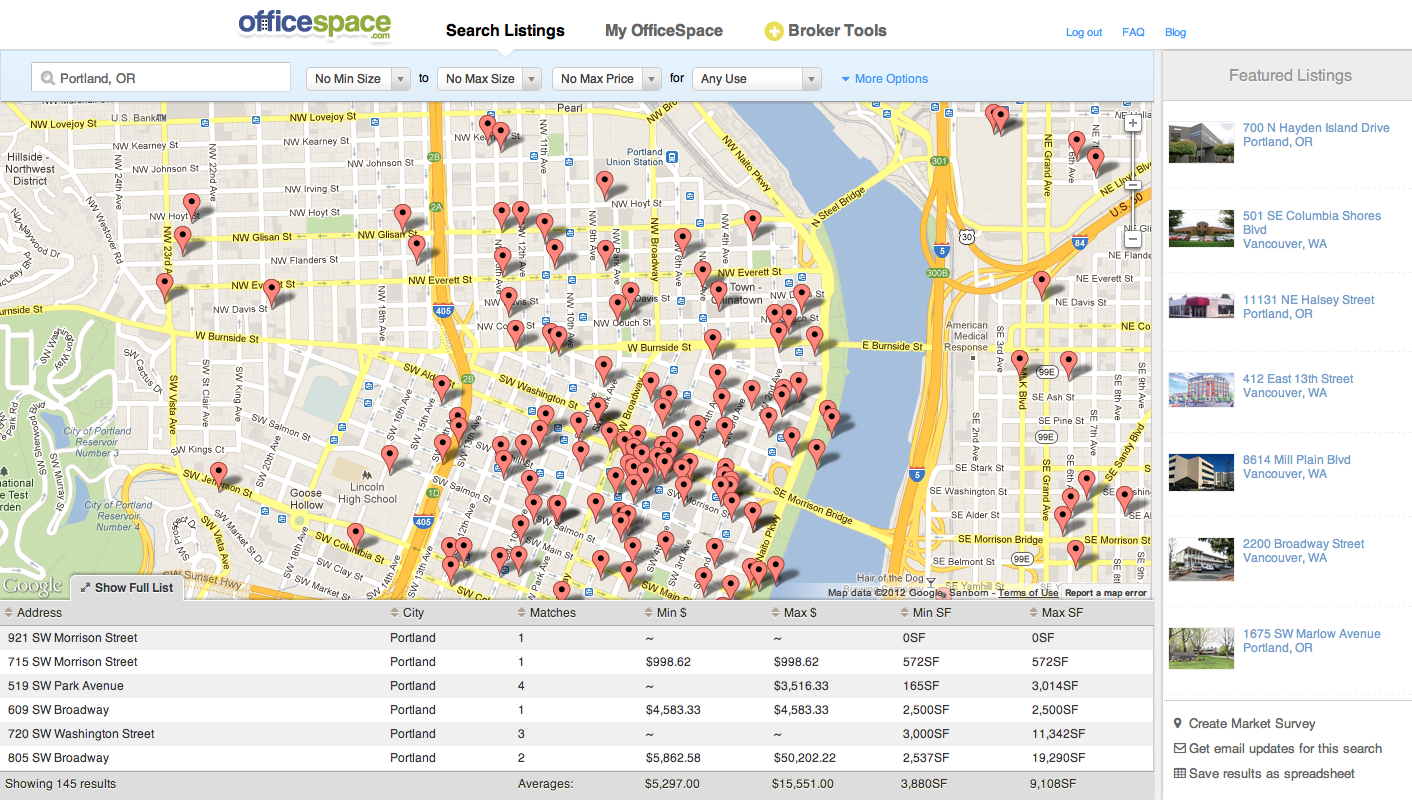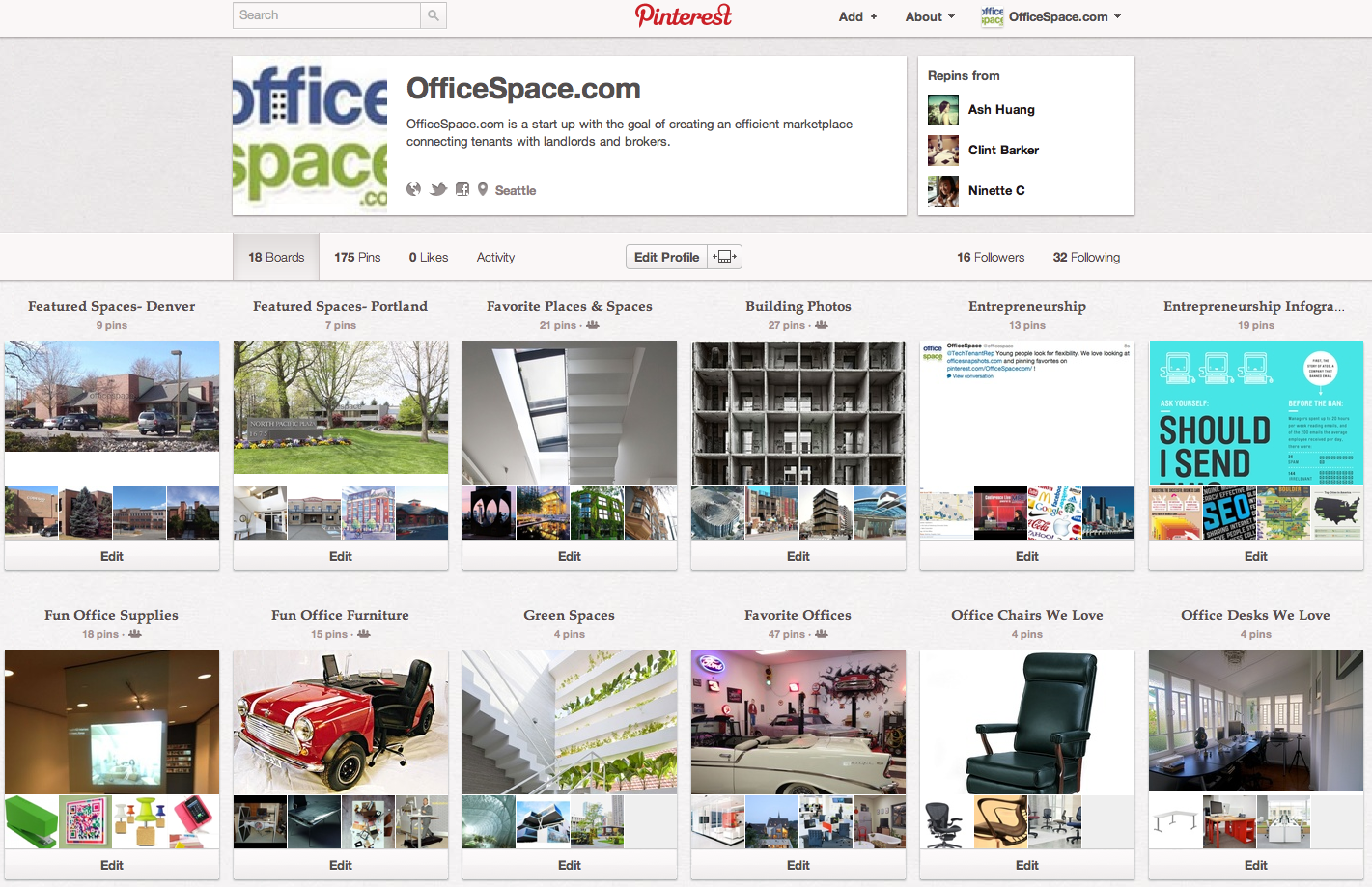Post updated on October 4th, 2018
Finding an affordable commercial real estate lease that will suit both your company’s needs and its budget is certainly a difficult process, but one that’s always made easier with a qualified ally at your side – and that’s where commercial real estate brokers come into play.
Operating on a commission basis, the terms of their payout aren’t always clear at the outset. However, especially if you’re seeking smaller office spaces, it can be difficult to find and retain a trustworthy and reliable broker. To better understand how commercial real estate brokers operate (and how they get paid), read on:
How Commercial Real Estate Brokers Get Paid
Brokers usually get paid a percentage of your total lease value. What that percentage is varies from region to region and depending on individual markets, but it’s typically between 3 to 5%. However, brokers typically have to share a percentage of their commission with their brokerage companies. This percentage can also vary, but let’s use a 60/40-commission split as an example with 60% going to the individual broker.
To get to a signed lease, there’s a major amount of time, energy, and effort that goes into the process. There are calls or in-person meetings, searching for available spaces that meet your requirements, calls to set up property tours, the actual property tours, and lease negotiations. All of the steps above are the same for a company looking for 10,000 square feet of space or 500 square feet of space. In addition, most companies looking for smaller spaces are unsure of what their space needs will be in the next year or two so they are only looking for shorter term deals whereas companies needing larger spaces tend to look for longer lease terms. Here’s what the math looks like in both scenarios:
500 square foot space x $30/square foot per year = $15,000 in annual rent
Lease term is 1 year: 1 year lease value $15,000 total rent (for ease of calculations, I’m assuming no rent escalation)
Brokerage company’s commission 5% = $750
Broker’s commission 60% of brokerage company’s commission = 60% x $750 = $450
VS.
10,000 square foot space x $30/square foot per year = $300,000 in annual rent
Lease term is 3 years: 3 x $300,000 = $900,000 in total rent
Brokerage company’s commission 5% = $45,000
Broker’s commission 60% of brokerage company’s commission = 60% x $45,000 = $27,000
Why Securing a Commercial Real Estate Broker May Not Be Easy
Every deal is unique, but the numbers don’t always make sense for brokers with smaller spaces. This doesn’t even take into account the number of times brokers work on a deal where they’ve put in their time and the deal goes dead for reasons outside of their control. Spending the same amount of time for $27,000 versus $450 is rarely an attractive option in any profession, so finding someone qualified and experienced to handle your office search may not be an easy prospect. In the meantime, shared office spaces, co-working services, and executive suites could be a viable alternative while you seek a first time (and more permanent) office space.
Landlords and property owners budget about a 4-6% commission for the listing agent, which is split between the listing agent and the tenant representation broker once the lease is complete. However, while many commission splits are 50/50, there are lease agreements that dictate a split as wide as 90/10 in favor of the leasing agent. This is more common in competitive markets where prospective tenants are many and available space is scarce, therefore making things even more difficult for companies struggling to find office space.
It doesn’t hurt to ask a prospective broker how much they’ll be earning on the transaction. While they won’t have much say (it’s up to the landlords to determine commission splits), it’s good to know what level of service to expect. The higher the commission split, the more motivated they’ll be to get the deal done on your behalf.
How Much Will I Have to Pay to Work with a Commercial Real Estate Broker?
Most brokers will tell you their services are free, as landlords and property owners budget a commission percentage for each lease agreement. And due to this, it’s very rare that a business owner could negotiate a lower lease rate by dealing directly with the landlord – the entirety of the commission would simply go to the listing agent. While a successful business owner may need to expand to larger space every 3-5 years, a commercial real estate broker handles real estate transactions like this every month, lending more know-how and market experience to the transaction to the benefit of their client.
If you can land a broker, their work on your behalf is an invaluable asset, as it allows your company the flexibility to focus on your business and take a look at prospective properties as they become available, sending you listing information, setting appointments, and accompanying you on tours. And because they’ll be involved with the transaction throughout the terms of the lease, they’ll be able to negotiate any changes or even a lease buyout should you run out of space completely.
In markets where tenants are at a premium and landlords are rushing to get their spaces filled, a tenant broker’s commission split may be higher, meaning landlords may try and find ways to make up for that gap in other areas of the lease. While you likely won’t end up paying higher rent due to other options in the marketplace, there’s a greater chance that you won’t see tenant improvements to your liking – but your tenant rep is there to make sure that doesn’t happen.
Should I Just Find Office Space Myself?
It makes sense that a listing broker working on behalf of the landlord would agree on lower lease terms by working directly with a prospective tenant, as they’d secure the entirety of the commission as a result. While this could work in smaller office spaces or in short team and subleases, listing agents work for the landlords, so bringing in below-market deals may upset their clients. Expect average market level deals using this avenue; after all, no one likes upsetting their boss.
No matter the size of your business or the limitations of your budget, working with a commercial real estate broker can be a genuine ace-in-the-hole for business owners seeking their first location or in need of an expansion. While the process isn’t always straightforward, you should be better equipped to discuss your options with whichever tenant rep broker you consider bringing on board to assist you in your search.





